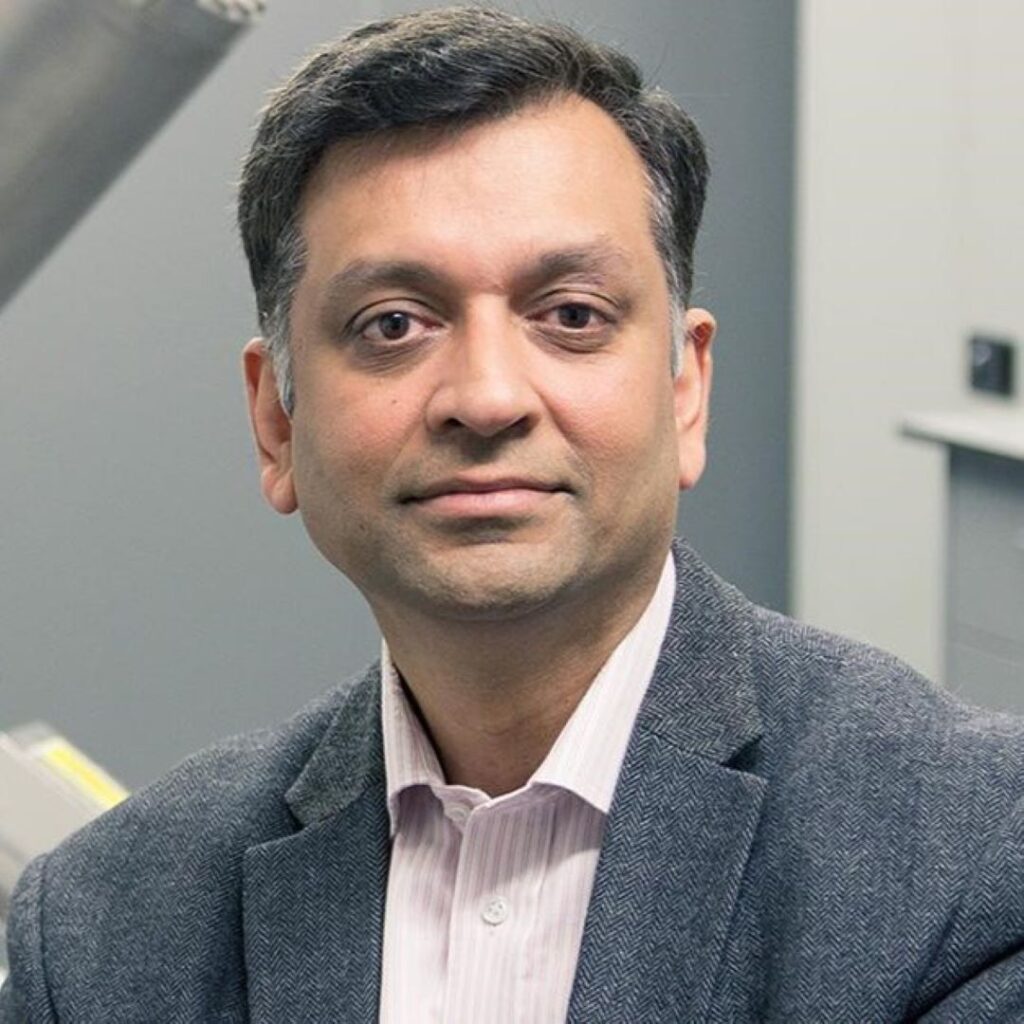Nexus of Sensors, Signals and AI: Emerging Trends
Society is on the cusp of significant change through automation and cyberisation of many core processes, that were until recently, primarily anthropocentric in nature. At the leading edge of this movement is sensing, signal processing and artificial intelligence (AI), allowing for physical signals to be sensed, thus, converted from their physical state into raw signals which can be in processed in many forms whether they are chemical, optical, acoustic etc, in nature to be interpreted though a central processing device. This device is typically electronic in nature to produce corresponding outputs, but this in of itself is seeing emerging change with academia pursuing artificial neural networks that use optical or chemical signals to implement smart functionality through neural networks.
The convergence of sensors, signal processing, and AI heralds a new era of technological innovation, offering significant advancements in various fields. This talk explores the future potential trends at this intersection, highlighting key advancements and their implications. Optical sensors, known for their high precision and versatility, are being increasingly miniaturized and integrated into diverse systems, including biomedical devices, environmental monitoring tools, and smart infrastructure. Various optical technologies for example, such as, distributed acoustic sensing, Fibre Bragg gratings, interferometry, and spectroscopy can be implemented that allow this transduction to be achieved with the potential to carry out conversion of many physical parameters into modulation of intensity, wavelength, polarisation signals that are of relevance to a given task. Enhanced signal processing techniques, bolstered by edge computing and machine learning, are facilitating real-time decision-making and predictive analytics. Quantum sensing emerges as a breakthrough, promising unparalleled precision. AI integration is driving autonomous systems, predictive maintenance, and AI-driven analytics across various sectors, including automotive, industrial automation, and smart infrastructure. The advent of 5G connectivity is further amplifying the capabilities of interconnected Internet of Things (IoT) ecosystems. Concurrently, emphasis on secure sensor networks and privacy-preserving AI is addressing growing concerns around cybersecurity and data privacy. Environmental sustainability is being supported through energy-efficient sensors and applications in environmental monitoring. This talk envisions a future where the synergy between sensors, signal processing, and AI not only advances technological frontiers but also drives innovation in healthcare, environmental sustainability, smart cities, security, and beyond.
Speaker

